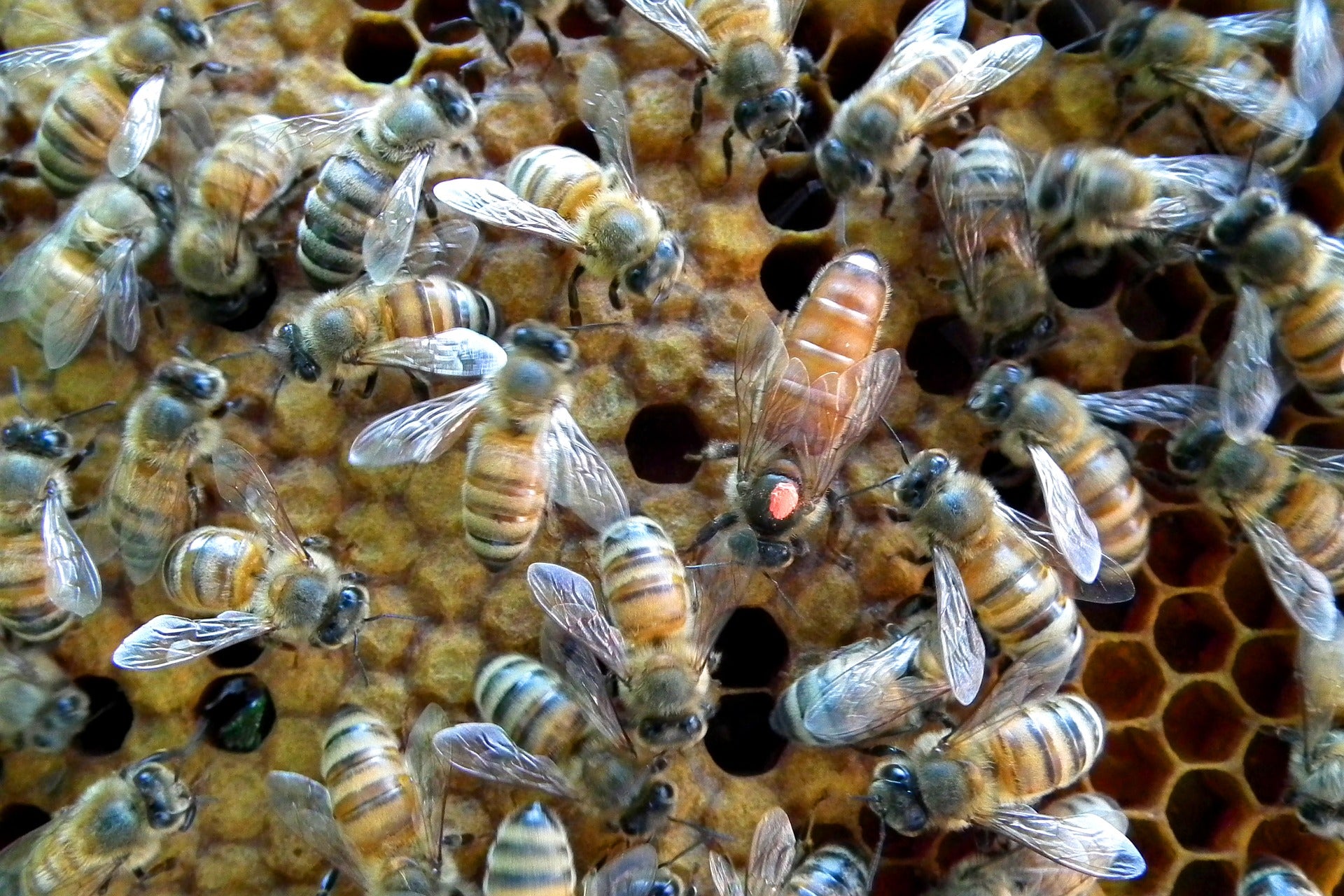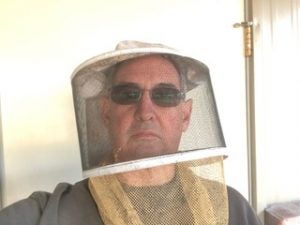Spring is moving time for honeybees also
Published 10:15 pm Friday, March 20, 2020
|
Getting your Trinity Audio player ready...
|
In the spring we see signs of change, new flower beds, new home construction. Many people purchase new homes in the spring or early summer as school finishes.
Well, spring is moving time for honeybees also.
In early spring, the queen increases her egg-laying. She will lay 2000 eggs per day to increase the numbers preparing for spring nectar collection.
As the number of young bees increases and nectar and pollen are plentiful, the queen will lay eggs into specially prepared queen cells and the hive will begin to raise a set of queen cells.
Just before the first of these new queens hatch the old mother queen will gather about ½ of the bees in the hive and “swarm” that leave the hive and look for a new home.
Shortly after leaving the hive, this swarm will gather on a branch, post, fence rail or any other convenient location to rest and let scouts find a new home.
This ball of bees maybe 10-15,000 bees will wait until the 300-500 scouts come to a unanimous decision about a new home location.
These scouts have looked for a location that is about the size of a five-gallon bucket, dry, dark and easily protected.
Once the scouts have decided they tell the swarm waiting and in just a few minutes this tornado of circling bees will leave the temporary location, move to the new location and set of house in the new home.
Spring is the time of year many beekeepers look forward to. Catching a waiting swarm of bees is usually easy, they don’t yet have a home to defend and are usually very calm.
It is also the time of year that many homeowners discover bees entering of leaving a small opening in an exterior wall or eave.
Don’t panic honeybees are not like termites they will not damage the home. They will not eat the wood or other material. There are several beekeepers in the area who will remove the bees for you, many do not charge for this service.
For help contact the Orange County Agrilife Office.
Len VanMarion is TAIS Master Beekeeper







